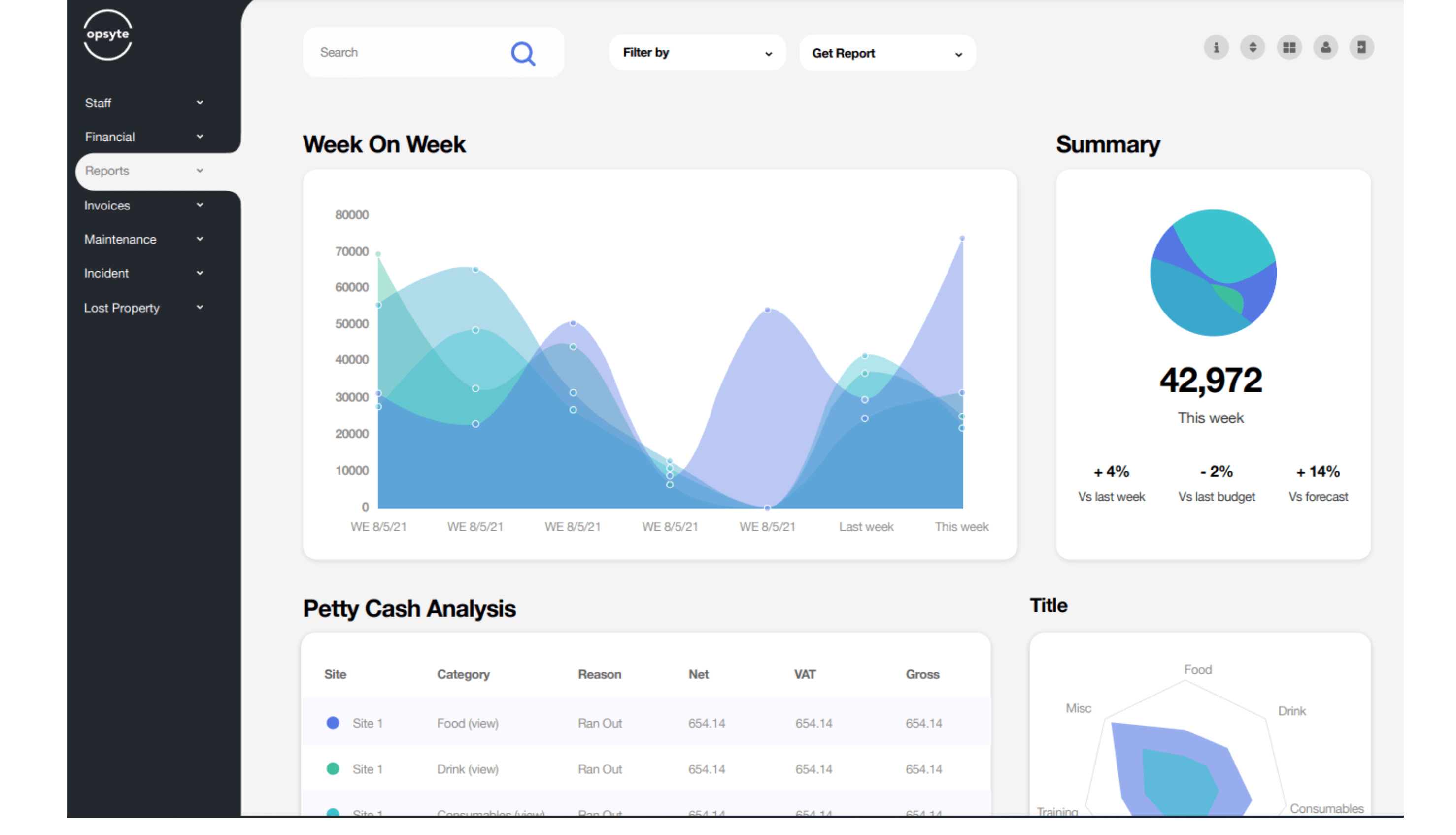Your business is important to you, and rightfully so. You've invested blood, sweat and plenty of tears to get to where you are now. Whether you have 5 or 500 staff, it's inevitable that as your business grows, so will your team size. Your business is your world, and you want it to be kept in safe hands which means you want the very best people. The tricky part being, so does everyone else.
So what can you do to ensure you are attracting the very best candidates to your hospitality business? A good place to start is with some of the following:
Competitive compensation.
Arguably the most important factor in attracting top candidates. Effective remuneration packages are essential. For many, it's the main reason for deciding where they will work. After all, we've all got bills to pay. Make sure your pay scales are competitive, especially compared to your competitors. Also make sure not to go too far either way. Too little and you will attract far less candidates, too high and you may risk attracting the wrong candidates.
Employee benefits.
Perks of the job. For many, it makes all the difference. These can be as great or underwhelming as you decide. Consider the working environment when choosing these. Is the role fairly sedentary? If so consider subsidised gym memberships. Are they going to be spending long periods of the day staring at computer monitors? If so, consider paying for eye tests.
Just remember not to brag about the wrong benefits. Listing things such as 28 days paid holiday or sick pay as benefits probably won't help you secure the better candidates. After all they are legal requirements. Better candidates expect more than the legal minimum, so consider your benefits before moving forward.
Flexibility.
One thing you should constantly have in the back of your mind when hunting down top talent is that the people you are hiring are exactly that, people.
The people you are hiring have lives outside of the workplace, and this often requires a degree of flexibility from your end to ensure they don't feel overwhelmed. Flexibility is something to brag about, especially as it gives prospective candidates a good idea of what sort of workplace culture you company provides.
The long term benefit of flexibility with hours and out of work commitments or issues is that you can look to take a "I scratch your back you scratch mine" approach. This means your flexibility can be repaid later down the line when you require some flexibility from your staff during busy periods or times when your numbers are low due to sickness.
Development opportunities.
Many people just want a job. Plain and simple. Something that gets them by with no pressure on forward movement. But you want the very best candidates the industry has to offer. More commonly than not, those candidates don't just want a job, they want a career.
What is the room for movement and progression like in your business. How long on average is it taking staff to move up the ladder? Often, great candidates flock to large companies. This is because they provide job security and clear progression. Just because you're not a multi national corporation does not mean you can't provide these things as well.
Consider clearly communicating flight paths and career prospects to potential candidates. You want your business to grow, and you want your team to grow with it.
Train your management.
The maths doesn't lie. Statistics suggest that around 52% of staff that leave their employers stated that the management or the organisation could have done something to prevent them from leaving.
An important aspect of attracting top talent is retaining it. Why put in all the effort to get them on board, only to lose them shortly after. This damages your reputation as an employer and can potentially have a huge sway in whether candidates choose you or not.
In some studies, around 60% of employees surveyed suggested that the management in their organisation required further training. Poor management breathes catastrophe for your business, and is often cited as the number one reason people leave their businesses. We've all had a bad boss, therefore we all know exactly what that does for morale. Consider full training courses for your management teams to ensure they can do more than just keep the business floating.
In summary
Plenty can be done to ensure that the very best candidates put themselves forward for your vacancies. You do not have to implement all of the above suggestions to see results. It should be a given that it is unlikely to be financially viable for a small pub with 5 staff and razor thin margins to pay for gym memberships and eye tests. But it's not to say that as your business grows, so should your ambitions for implementing successful strategies that attract the very best.


